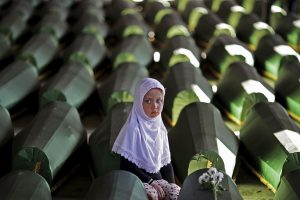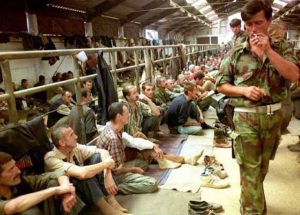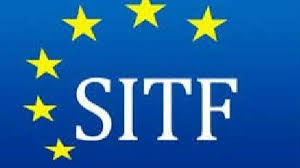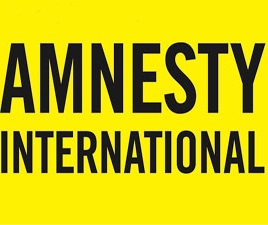
HLC: Demystifying „NATO Aggression and the Fight Against Shiptar Terrorists“
In 2000, the Government of the Federal Republic of Yugoslavia announced the publication of „The Heroes of the Fatherland,“ a...

In 2000, the Government of the Federal Republic of Yugoslavia announced the publication of „The Heroes of the Fatherland,“ a...

By Veronika Gulyas Serbian police arrested eight people on charges related to the Srebrenica massacre 20 years...

A new web database shows 150 detention camps and sites used during the 1990s conflict, part of a project...

The Special Investigative Task Force (SITF) was set-up in 2011 to conduct an independent criminal investigation into the very serious...

The European Union (EU) must do everything it can to ensure Serbia addresses the culture of impunity for war crimes,...

Author: Vlasta Jalušič, Peace Institute, Ljubljana Until the conclusion of Primo Levi’s life, which ended with suicide, he dreamt...
This article focuses on the transitional process in a society which has experienced a violent conflict and needs adequate mechanisms to deal with the legacies of the past in order to prevent future violence and pave the way for reconciliation and democratic consolidation. The disintegration of the Socialist Federal Republic of Yugoslavia (Yugoslavia) and its legacy has left a number of newly emerged and independent democracies in the Western Balkan
June 19, 2012 UNDP Bosnia and Herzegovina, in cooperation with the BiH Ministry of Justice and BiH Ministry of Human...







This website was created and maintained with the financial support of the European Union. Its contents are the sole responsibility of the RECOM Reconciliation Network and do not necessarily reflect the views of the European Union.